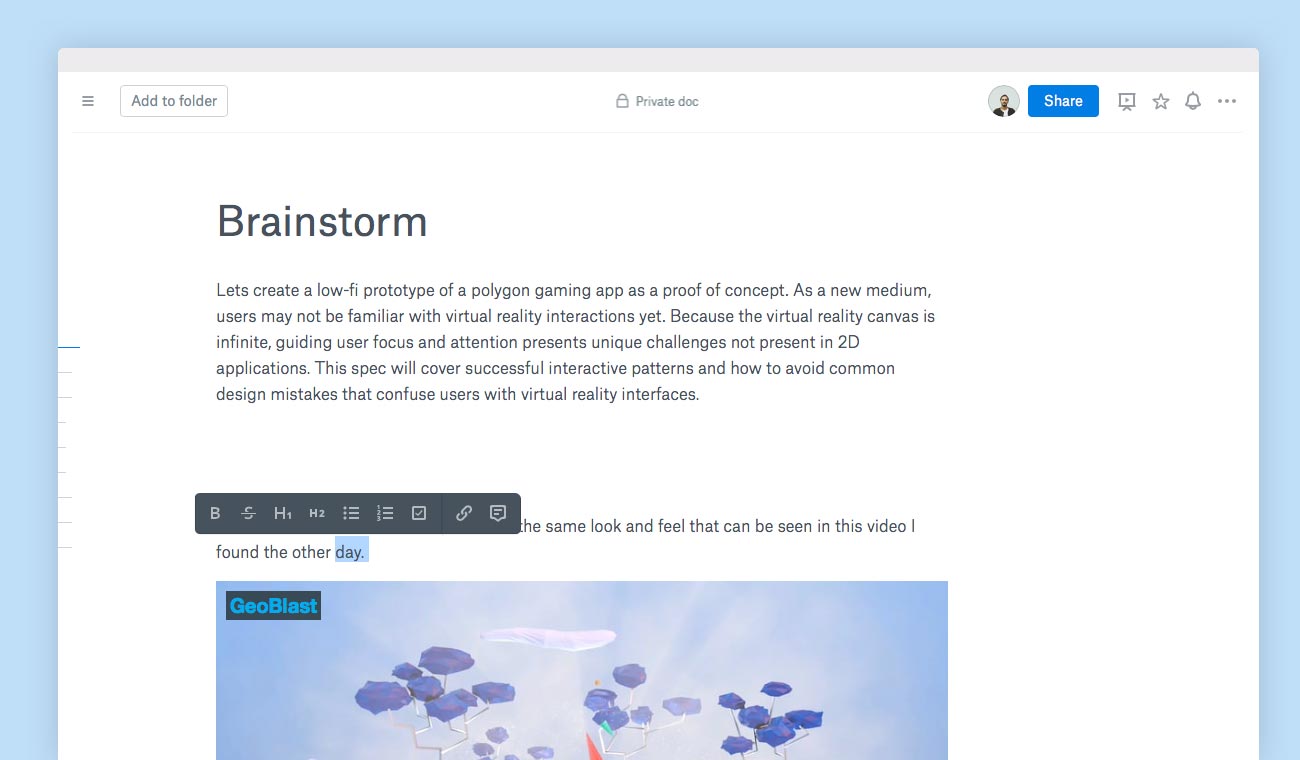Alright, let's get real here. Nude Dropbox links have been a controversial topic buzzing around the internet for years. These links often promise private or explicit content but come with a whole lot of baggage. So, what exactly are these links, and why should you care? Well, buckle up because we're diving deep into this digital rabbit hole.
Look, I get it. Curiosity is a powerful thing, and the internet makes it super easy to stumble upon things that make you go, "Wait, what?" But hold on just a sec before you click that link. There's more to this story than meets the eye, and it's not all rainbows and sunshine.
In this article, we'll break down everything you need to know about nude Dropbox links – from their origins to the potential risks. We'll also touch on some tips to keep yourself safe online because, let's be honest, the last thing you want is to end up in a sticky situation. So, grab a coffee, sit back, and let's chat about this.
Read also:Alix Earle Leaks The Inside Story You Need To Know
Now that we've set the stage, let's dive into the nitty-gritty. Here's what we'll cover:
- What Are Nude Dropbox Links?
- The Origins and Popularity of These Links
- Understanding the Risks Involved
- Legal Implications You Should Know About
- Scams and Traps to Watch Out For
- How to Stay Safe Online
- Tips for Preventing Personal Content Leaks
- Alternatives to Dropbox for Sharing Content
- Wrapping It All Up
- Frequently Asked Questions
What Are Nude Dropbox Links?
Let's start with the basics. Nude Dropbox links are essentially file-sharing links hosted on Dropbox that allegedly contain explicit or private content. Dropbox, being a popular cloud storage platform, offers users the ability to share files easily. However, this convenience can sometimes be exploited for less-than-noble purposes.
These links often circulate on forums, social media, or messaging apps, promising access to private photos or videos. But here's the kicker – not all of these links are what they seem. Some may lead to harmless content, while others could be traps set by cybercriminals.
How Dropbox Links Work
Dropbox allows users to share files via public links. When someone uploads a file and generates a shareable link, anyone with that link can access the content. This feature is great for sharing work documents or family photos, but it also opens the door for misuse.
Many people assume that because Dropbox is a legitimate platform, the content shared through its links must be safe. Unfortunately, that's not always the case. Always proceed with caution when clicking on unfamiliar links.
The Origins and Popularity of These Links
Nude Dropbox links gained notoriety following high-profile data breaches and leaks involving celebrities and public figures. The infamous "Celebgate" scandal in 2014, where private photos of several celebrities were leaked, brought this issue to the forefront.
Read also:Alina Rose Leaks The Untold Story You Need To Know
Since then, the phenomenon has only grown. People are naturally curious, and the promise of accessing exclusive or private content can be tempting. However, this curiosity often comes at a cost.
Why Are These Links So Popular?
- Curiosity Factor: Humans are naturally inquisitive, and the allure of seeing something forbidden is hard to resist.
- Accessibility: Dropbox links are easy to share and access, making them a convenient method for distributing content.
- Social Media Influence: Platforms like Reddit, Twitter, and Telegram often serve as hubs for sharing these links, amplifying their reach.
Understanding the Risks Involved
Now, let's talk about the elephant in the room – the risks. Clicking on a random nude Dropbox link isn't as harmless as it might seem. Here's why you should think twice before diving in:
- Malware and Viruses: Some links may lead to malicious software that can compromise your device.
- Phishing Scams: Cybercriminals might use these links to steal your personal information or login credentials.
- Legal Consequences: Downloading or sharing explicit content without consent can land you in serious legal trouble.
Think about it this way: would you trust a random stranger on the street handing you a USB drive? Probably not. So why take the same risk online?
Legal Implications You Should Know About
Here's the deal – downloading or sharing explicit content without the consent of the individuals involved is illegal in most countries. Laws regarding privacy and data protection have become stricter over the years, and rightfully so.
In the United States, for example, distributing nude photos or videos of someone without their permission falls under the category of "revenge porn," which is a criminal offense. Similar laws exist in many other countries, including the UK, Canada, and Australia.
What Happens If You Get Caught?
The consequences can be severe. You might face fines, criminal charges, or even imprisonment, depending on the severity of the offense. Plus, there's the added embarrassment and damage to your reputation.
Scams and Traps to Watch Out For
Let me tell you a little secret – not all nude Dropbox links are what they seem. Many of these links are actually traps set by scammers looking to exploit unsuspecting users. Here are a few common scams to watch out for:
- Phishing Links: These links might look legitimate but actually redirect you to fake login pages designed to steal your credentials.
- Ransomware: Some links may download malicious software onto your device, encrypting your files and demanding a ransom for their release.
- Subscription Scams: Clicking on certain links might automatically subscribe you to premium services, racking up charges on your credit card.
Always double-check the source of any link before clicking. If it seems too good to be true, it probably is.
How to Stay Safe Online
Now that we've covered the risks, let's talk about how you can protect yourself. Staying safe online doesn't have to be complicated. Here are a few simple tips:
- Use Antivirus Software: Make sure your device is protected with up-to-date antivirus software.
- Be Wary of Unknown Links: Avoid clicking on links from unfamiliar or untrusted sources.
- Enable Two-Factor Authentication: This adds an extra layer of security to your accounts.
Remember, your safety is your responsibility. Don't let curiosity cloud your judgment.
Tips for Preventing Personal Content Leaks
If you're concerned about your own content being leaked, there are steps you can take to minimize the risk:
- Use Strong Passwords: Make sure your passwords are unique and difficult to guess.
- Limit Sharing: Be cautious about who you share private content with.
- Regularly Update Software: Keep your devices and apps updated to patch any security vulnerabilities.
Prevention is key. The more proactive you are, the less likely you are to fall victim to a data breach.
Alternatives to Dropbox for Sharing Content
While Dropbox is a great platform, it's not the only option out there. Here are a few alternatives you might consider:
- Google Drive: Another popular cloud storage service with robust security features.
- iCloud: Apple's cloud storage solution, ideal for iOS users.
- OneDrive: Microsoft's cloud storage offering, integrated with Windows devices.
Each platform has its own strengths and weaknesses, so choose the one that best fits your needs.
Wrapping It All Up
Alright, we've covered a lot of ground here. Nude Dropbox links might seem tempting, but they come with a whole host of risks and potential consequences. From malware and scams to legal trouble, the dangers are real.
So, what's the takeaway? Stay informed, stay cautious, and always prioritize your safety online. If you ever find yourself tempted to click on one of these links, take a step back and think about the potential repercussions.
Feel free to leave a comment or share this article with your friends. Knowledge is power, and the more people know about these risks, the safer we all are. Let's keep the internet a little bit safer, one click at a time.
Frequently Asked Questions
Here are some common questions people have about nude Dropbox links:
- Are these links always illegal? Not necessarily, but downloading or sharing explicit content without consent is illegal in most cases.
- How can I report a suspicious link? You can report it to Dropbox or your local authorities if you suspect illegal activity.
- What should I do if my content has been leaked? Contact the platform hosting the content and request its removal. You may also want to consult a lawyer.
Stay safe out there, and remember – curiosity killed the cat, but it didn't have antivirus software!


